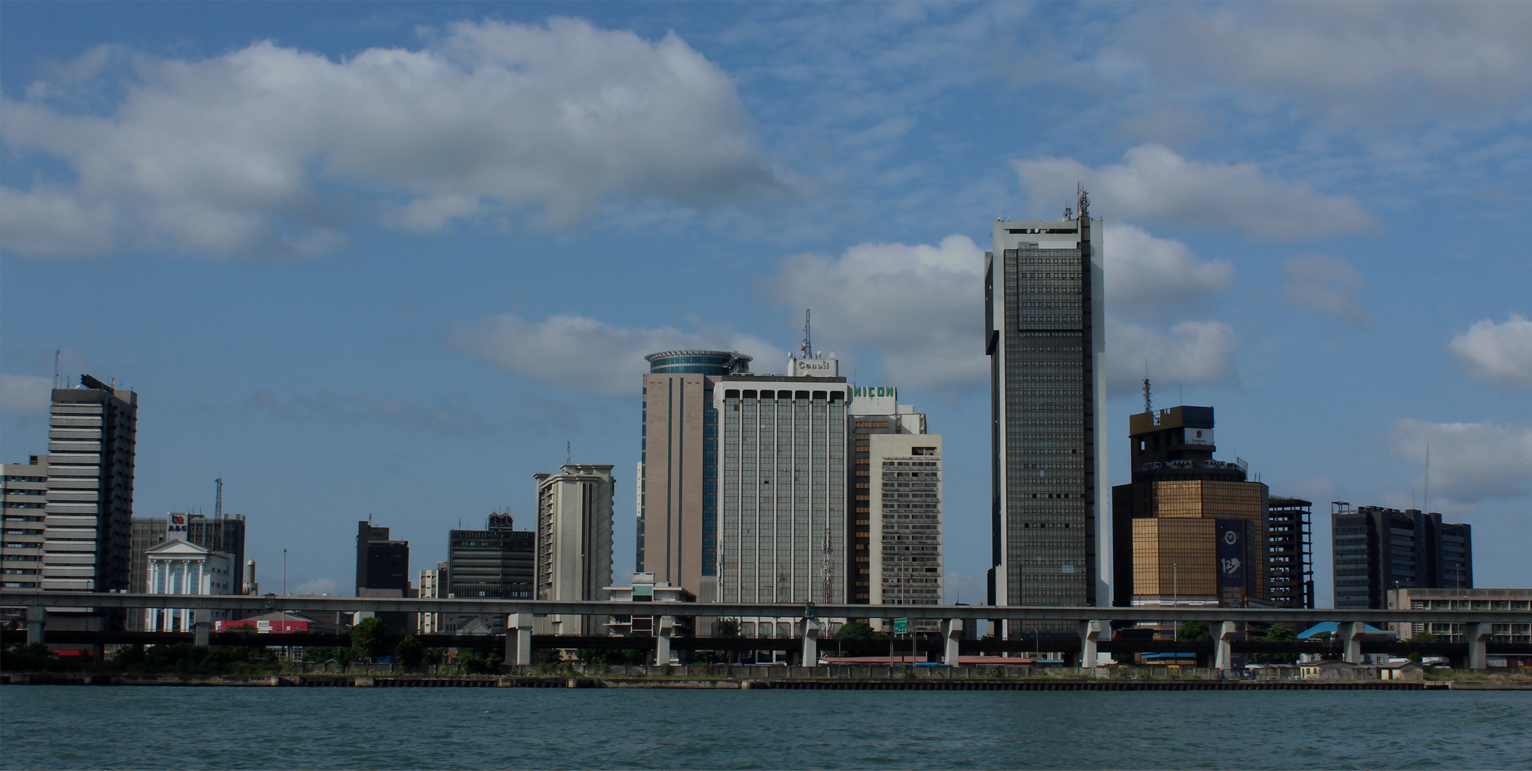If risk-free asset yields are driven low enough for long enough (and T-bill rates has been falling since October), then risk assets will gain in popularity. The equity market is booming, rather too quickly for our new Model Equity Portfolio to catch up (see page 3). On page 2 we examine the curious divergence of …
More → Menu
- What We Do
- Investor Relations
- Research
- About
- Featured

Follow us on Social
Get the latest market insights from Coronation Bank on social media.
- Media
- Careers
- Contact








